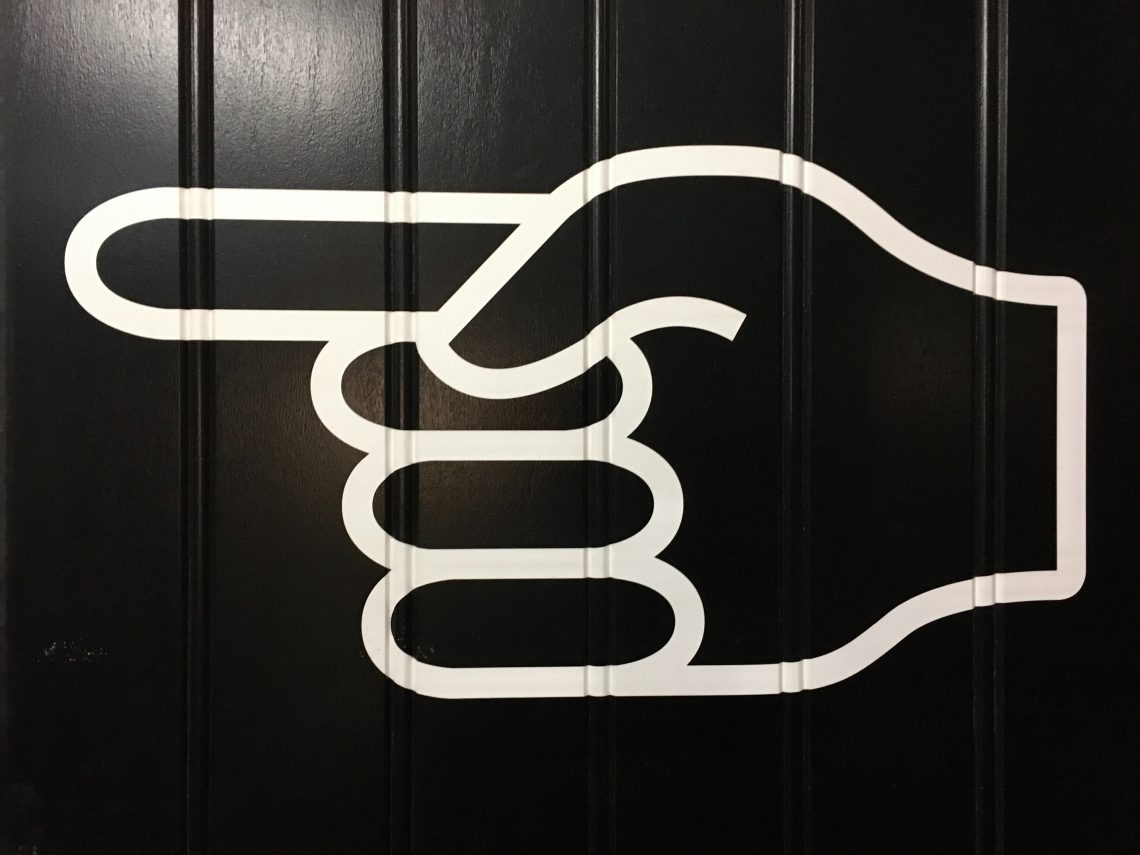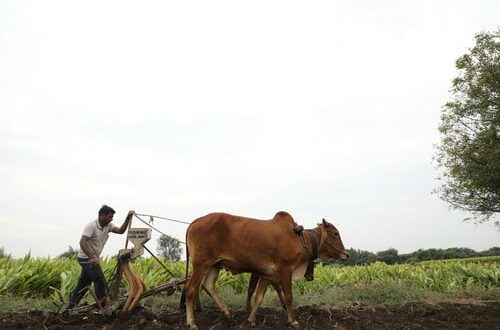
Loving Well in a Blame-shifting Culture
In a home full of young children, among the most common things I hear in the house is why the other sibling is most definitely responsible for wrong doing. Most recently, my eldest son ran up quickly behind my middle son for a sneak attack, smacked him on the bottom and sent him flying further then was intended. I heard the raucous just in time to see my middle son chasing my eldest son with lightning speed, armed with a heavy school backpack, which successfully gave a retribution blow to the fleeing child.
Needless to say, as I approached the angry middle son first who had just hauled off and attacked his brother, he adamantly defended himself, stating that it was all the eldest brother’s fault.
We are met with this scene weekly, if not daily. The lesson that we are desperate for our children to learn is the importance of being honest and responsible for one’s own actions, regardless of the actions of others.
The thing is, as a culture, our society of grown men and women are having difficulty with this discipline. In recent history, the average American has witnessed violence time and time again in our communities and finally our nation’s capitol. Social media creates an unprecedented platform that allows people to point fingers with ease. If you listen closely you will find that the blame lies anywhere from a person who tried to drive down the wrong street directly to the President of the United States.
Blame shifting is an age-old game, in fact it is the original way to deal with one’s own sin.
When Adam and Eve were in the garden, and they ate the forbidden fruit as outlined in the story in Genesis, 3, Adam’s first defense to God was, “The woman whom you gave to be with me, she gave me fruit of the tree, and I ate (Gen 3:12 ESV).”
The woman’s response to God when she is questioned is, “The serpent deceived me, and I ate (Gen 3:13 ESV).”
In truth, God plainly told Adam and Eve what he expected from them. “You may surely eat of every tree of the garden, but of the tree of the knowledge of good and evil you shall not eat, for in that day that you eat of it you shall surely die (Gen 3:16 ESV).”
As a result, every member of the story is held accountable for their actions, each receiving punishment according to their wrong doing. There is no evidence that one is considered more guilty than another, they are all judged equally. The basis for their guilt is simple, they sinned, the means by which they sinned is the same, their own volition.
In his grace, God ensured that everyone had enough knowledge to make his or her own decisions, knowing full well his expectations and the consequences.
The thing about sin is that it makes you guilty, regardless of how or why you did it. Dealing with sin by blaming others is manipulative. Not only are you choosing to be dishonest about the part you play, but you can lead other people to believe that somehow, they are worse, deserve harsher punishment, or they are actually solely responsible for wrong doing. This type of manipulation is the opposite of Gospel grace which suggests we all make mistakes, all need to ask for forgiveness, and all can receive pardon.
Let’s give this scenario a little more thought. Adam and Eve were created for each other but this is a rather rocky start to a loving relationship built on trust when you’re faced with a hard time and your partner starts pointing fingers at you.
Imagine if we re-wrote the script for Adam and Eve and it became a loving conversation, seasoned with grace, looking out for the best interest of the other.
What if Adam stepped up and said, “Well, it’s my fault. I knew better, God; and I didn’t discourage Eve from taking a bite of the apple.”
Eve could then interject and say, “Well, really, I tempted Adam with the apple. I’m sorry Adam. I knew the rules too and I could’ve been more helpful.”
We could add a real shocking twist if the serpent chimed in, “Actually, don’t blame them God, blame me. I started it all.”
This is a bold and daring way to live, being willing to absorb the punishment for another rather than seek to escape.
“Do nothing out of selfishness ambition or vain conceit, but in humility consider others better than your selves. Each of you should look not only to your own interests but to the interest of others (Phil 2:3-4).”
So then, as Christians, how do we love people well in a culture full of accusations and public shaming? Let us foster an honest, self-aware, repentant culture that considers the well-being of others first.
Enter into the culture ready and willing to admit your contribution to the problem.
Practice asking for forgiveness for your wrong doing.
Be self-aware, not just of your contribution but how others in a blame-shifting culture might make you feel unnecessarily responsible for wrong doing.
Extend grace when others are having difficulty owning or understanding their mistakes.
The next time you’re tempted to blame-shift, accept it as an opportunity to practice the discipline of humility.
“Know this, my beloved brothers: let every person be quick to hear, slow to speak, slow to anger, for the anger of man does not produce the righteousness of God (James 1:19).”



